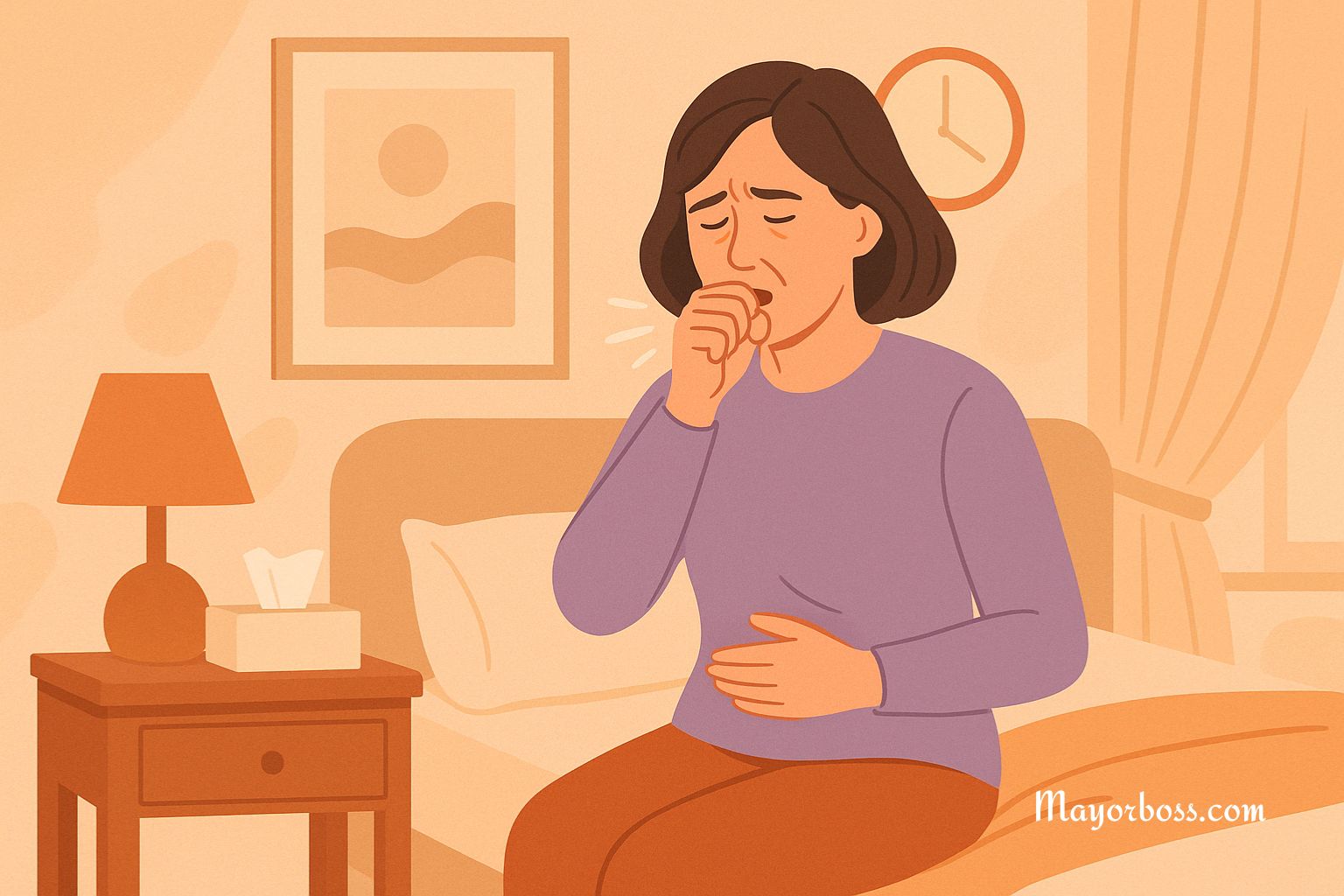5 Signs You May Have a Hernia
In simple terms, a hernia occurs when an organ, most commonly part of the intestines or abdominal fatty tissue, pushes through a weakened point or tear in the abdominal wall. The resulting protrusion can cause discomfort and pain, especially when you cough, bend over, or lift heavy objects.
While hernias appear most often in the midline of the abdomen, they can also occur in the groin areas, upper thigh near the groin, and belly button, according to the American Academy of Family Physicians.
The most common types of hernias are inguinal (inner groin), incisional (resulting from an incision), femoral (outer groin), umbilical (belly button), and hiatal (upper stomach).
Signs of A Hernia
Here are five signs that you may have a hernia.
1. Visible Lump or Swelling
One of the most recognizable signs of a hernia is a visible lump or swelling in the affected area. This lump can often be felt when you touch or press on the area. It might be more visible when you stand up or strain, and it might disappear when you lie down. This is particularly common in cases of inguinal hernias, which occur in the groin area.
- Note: Not all hernias will show a visible lump. Some may only be detectable through a physical exam or diagnostic tests.
2. Pain or Discomfort
Another common sign of a hernia is discomfort or pain in the area of the hernia. You might feel a sharp pain when you lift heavy objects, bend over, cough, or even during simple activities like walking or standing. This pain can vary in intensity, but it usually increases over time as the hernia grows.
3. Sensation of Heaviness
Some people with a hernia report a feeling of heaviness or pressure in their abdomen or groin. This is caused by the organ or tissue pushing against the abdominal wall. This sensation may be accompanied by a dull ache or a feeling of fullness.
4. Changes in Bowel Movements or Urination
In some cases, a hernia can affect your bowel movements or urination. This is more common in large or complicated hernias, where part of the bowel becomes trapped in the abdominal wall. This can cause constipation, bloating, or changes in your urination patterns.
- Warning: If you experience severe pain, vomiting, or the inability to have a bowel movement or pass gas, seek medical attention immediately. These could be signs of a strangulated hernia, a serious condition that requires immediate surgery.
5. Heartburn, Trouble Swallowing, or Chest Pain
If you have a hiatal hernia, which occurs when a part of your stomach pushes upward through your diaphragm, you might experience symptoms similar to gastroesophageal reflux disease (GERD). These include heartburn, difficulty swallowing, chest pain, and potentially even coughing or hoarseness.
What to Do If You Experience These Symptoms
If you notice any signs of a hernia, it is essential to seek medical attention:
- Consult a healthcare provider: Schedule an appointment with your doctor. They can examine you and might recommend further tests to confirm the diagnosis.
- Follow your doctor’s advice: If you are diagnosed with a hernia, the treatment could range from watchful waiting to surgical repair, depending on the size of the hernia and the severity of the symptoms.
- Don’t ignore the symptoms: A hernia will not heal independently. If left untreated, it can lead to severe complications, such as strangulation, where the blood supply to the herniated tissue is cut off.






